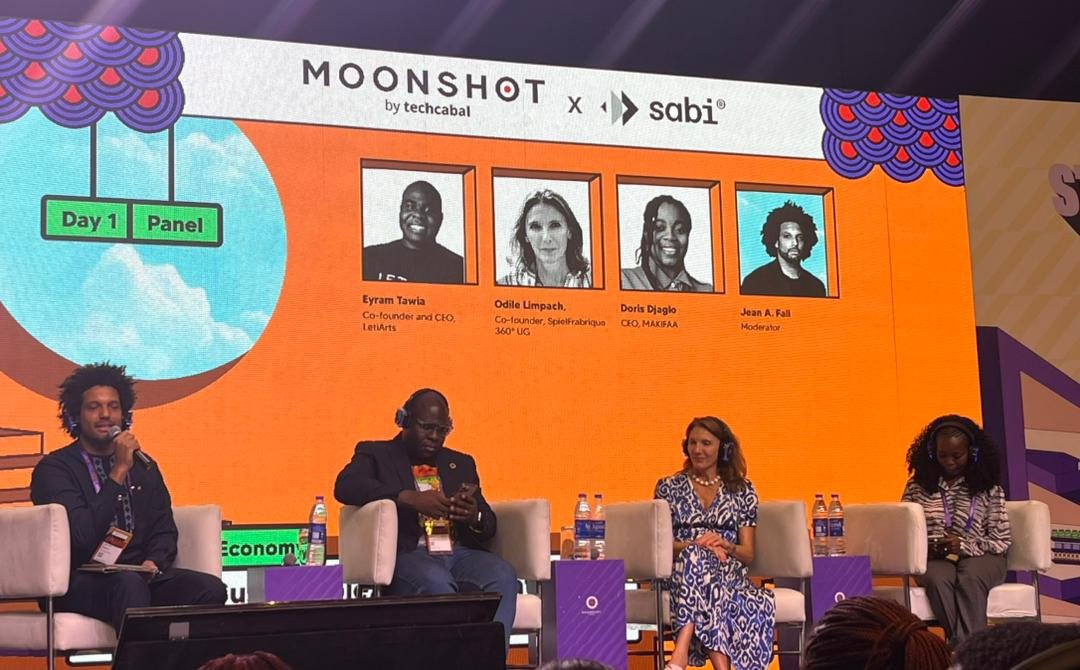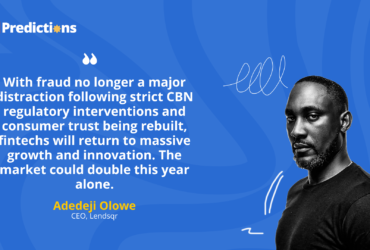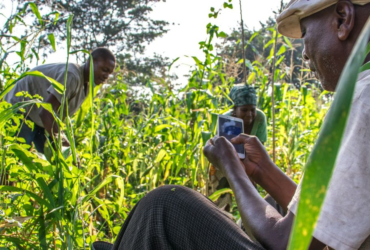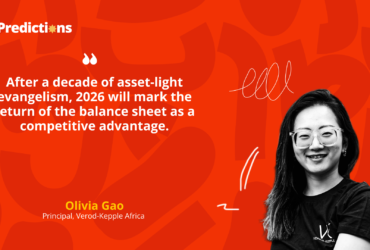Africa’s cultural and creative industries could contribute over $20 billion to GDP each year, yet only a fraction of that returns to creators due to weak business models and limited access to financing.
Sustainability in Africa’s creative industry isn’t just about profit. It’s about structure, endurance, strategic infrastructural investments, and the discipline to balance passion with practicality, according to a panel moderated at Moonshot by TechCabal by Jean Fall, featuring Claude Grunitzky of Equity Alliance, Odile Limpach, co-founder of Spiel, and Eyram Tawia, CEO of LetiArts.
Together, they underscored that Africa’s next creative breakthroughs will come from founders who can merge storytelling with technology—turning local narratives into global exports.
According to the panellists, the most promising frontiers in Africa’s creative economy are now gaming and film. Both sectors, they said, sit at the intersection of culture, technology, and youth innovation—making them ripe for scalable business models if paired with the right infrastructure and funding. To stay sustainable, creative startups must remain agile and deeply attuned to fast-changing audience preferences and global market shifts.
Africa’s creative economy, valued at $58 billion, employs millions, with the film and audiovisual sector alone providing work for about five million people across the continent. Nigeria, which aims to add $100 billion to its GDP through creative industries by 2030, is targeting 2.7 million new jobs by 2025 through coordinated public–private initiatives.
Odile Limpach, co-founder of Spielfabrique 360° UG and former managing director of Ubisoft Germany, noted that “you need to have a long-term vision of why you’re doing what you’re doing.” The creative industry, she said, is constantly shifting, and “if you’re not paying attention to that, you can get overlooked.”
Founders often fall in love with their ideas, but “they do not check the markets.” For Limpach, sustainability means pairing creative passion with solid business sense. “It’s much more fun to think about making your games, but you also need to be thinking about cash flow. To survive, you need to become or find a businessperson who can handle these things for you.”
Eyram Tawia, co-founder and CEO of LetiArts, built on this point, describing sustainability as “building gaming studios that can survive on their own without foreign aid.”
When Leti Arts launched, he said, “We were not just building a company; we were building an industry.” He emphasised the importance of structure and partnerships, explaining that “passion just builds products; now we’re building with structure to make sure we are scaling properly because when investors are coming, they need to see these structures.” Strategic collaborations, he added, were essential to survival. “Once you’ve identified partners, survival becomes better.”
Doris Djaglo, CEO of MAKIFAA, highlighted adaptability as central to survival as a startup founder in the creative industry. “It’s not just about following the trends, but you need to be able to pivot when needed,” she said.
She also urged founders to choose their teams carefully. “You want to make sure that at the startup stage, you are finding people who really believe in your vision. If not, they’ll just leave you at very critical points.”
Across their insights, a common theme emerged: Africa’s creative sector will only thrive when its builders and supporters can effectively manage costs, nurture partnerships, train local talent, and build strong ecosystems that can stand on their own.














Leave a Reply